The crowd cheered. Stephanie Speck, special needs student and junior, stepped onto the softball diamond, her tangerine-orange jersey gleaming in the light of the sun. For her, it was the climax: the state finals at Indianapolis’s Midwest Sports Complex. Walking in jet-black Nike cleats, she made her way over to the batter’s box.
Angela Speck, her mother and coach, remembered the moment.
“It was a sunny, beautiful day,” she said.
Stephanie stared intently at her father, Glenn Speck, waiting for his pitch to come. She knew she was going to hit it.
PING!
She sprinted toward first base, and the approval of the spectators pushed her there.
“All the parents in the stand are like, ‘My gosh, look at ‘em, they’re doing it,’” Mrs. Speck said.
To a casual observer, it may have looked as if Speck had come to play in a softball game as her peers might have, perhaps for her high school team or for a travel outfit. However, the jet-black “SOHC” emblazoned on the front of her uniform told a different story.
Speck played with the Special Olympics of Hamilton County (SOHC) team, eventual state tournament runner-ups. SOHC is part of an international organization (the Special Olympics) that, according to its website, “has over four million athletes with intellectual disabilities involved in sports in 170 countries.”
According to Mrs. Speck, the SOHC provides an opportunity for her daughter and students like her to participate in sports like their peers do.
“(Kids with special needs) don’t want to play differently,” she said. They want to play the same, so that’s what Special Olympics does.”
Mrs. Speck said that too often mentally disabled students end up as spectators instead of participants.
“A lot of times they watch,” Angela said. “(SOHC) gives them the opportunity to actually play.”
Nevertheless, the players aren’t the only ones affected by the Special Olympics. For sophomore Samantha Cunningham, volunteering as an assistant on the SOHC softball team helped develop her communication and leadership skills.
“I have to become more of a role model because I know whatever I say that they can repeat,” she said. “I know if you say a cuss word or something, then they’ll say it also because they think it’s fine.”
“If (the coaches) needed me to be one-on-one with someone, I’d go help with that player. Usually I was in the dugout trying to get kids ready, (getting) their bats and helmets on,” Cunningham said.
Besides her own improvement as a person, Cunningham said she saw how the SOHC affected the players.
“Some of them don’t talk at the beginning of the season, but by the end of the season they get more social skills,” she said. “I know one of the girls used to not talk and give much emotion, but by the end she was talking a lot and being active. So they open up more.”
SOHC County Coordinator Beth Schweigel said volunteers like Cunningham are particularly helpful to the organization.
“We can always use more volunteers,” she said. “The more volunteers we have, the easier it is.”

According to Schweigel, volunteers help the SOHC achieve its goal: “to provide a fair, equal opportunity to individuals with special needs.”
However, Schweigel also said that there are some misconceptions about the Special Olympics that keep people from joining.
“A lot of families don’t realize that (the Special Olympics are) for all ages or that it’s for all types of disabilities,” Schweigel said. “A lot of people don’t understand that it’s totally free.”
Still, for those like Cunningham who have worked with the Special Olympics, the rewards are evident.
“It’s made me a better leader, I guess,” Cunningham said.
For Stephanie, however, her feelings are simpler.
“It was good,” she said with a smile.















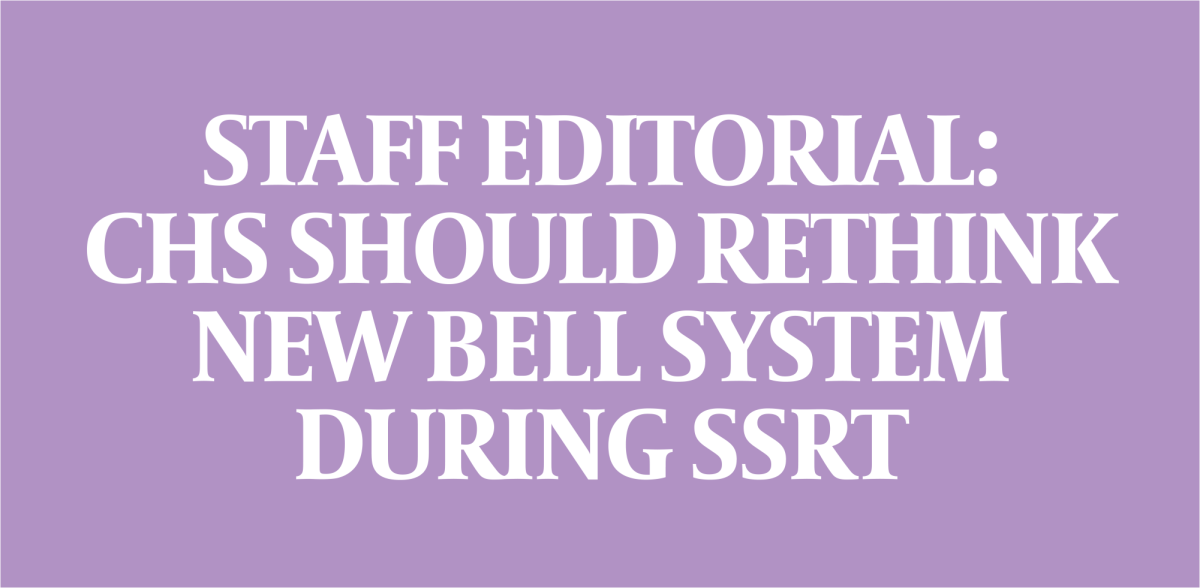
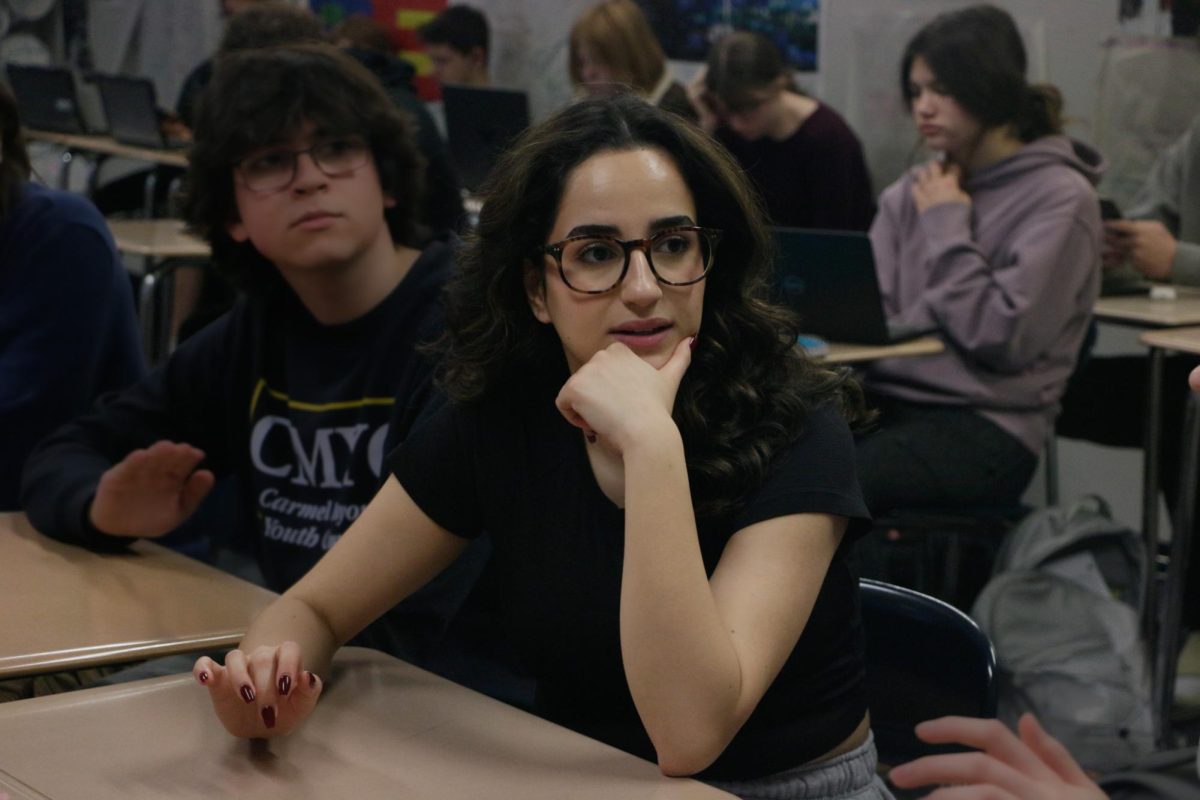

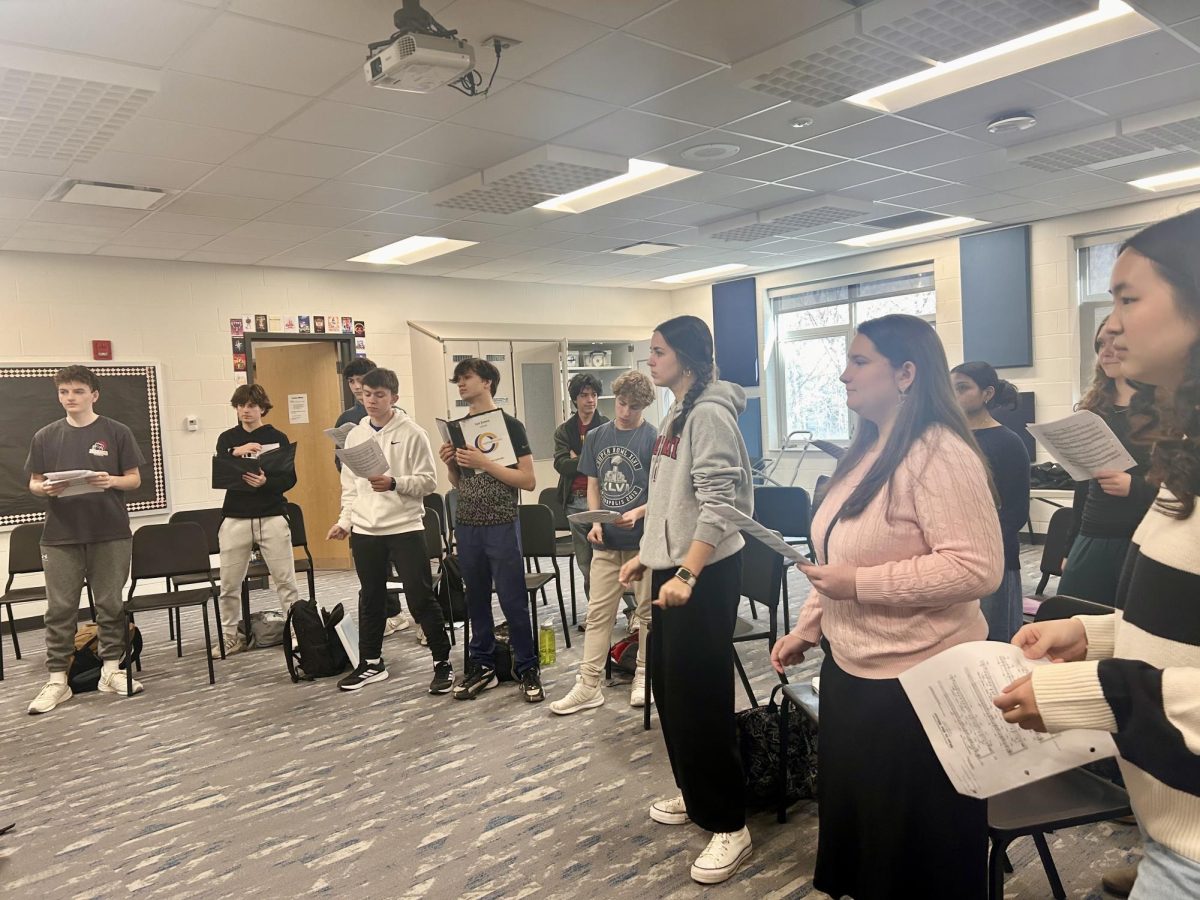

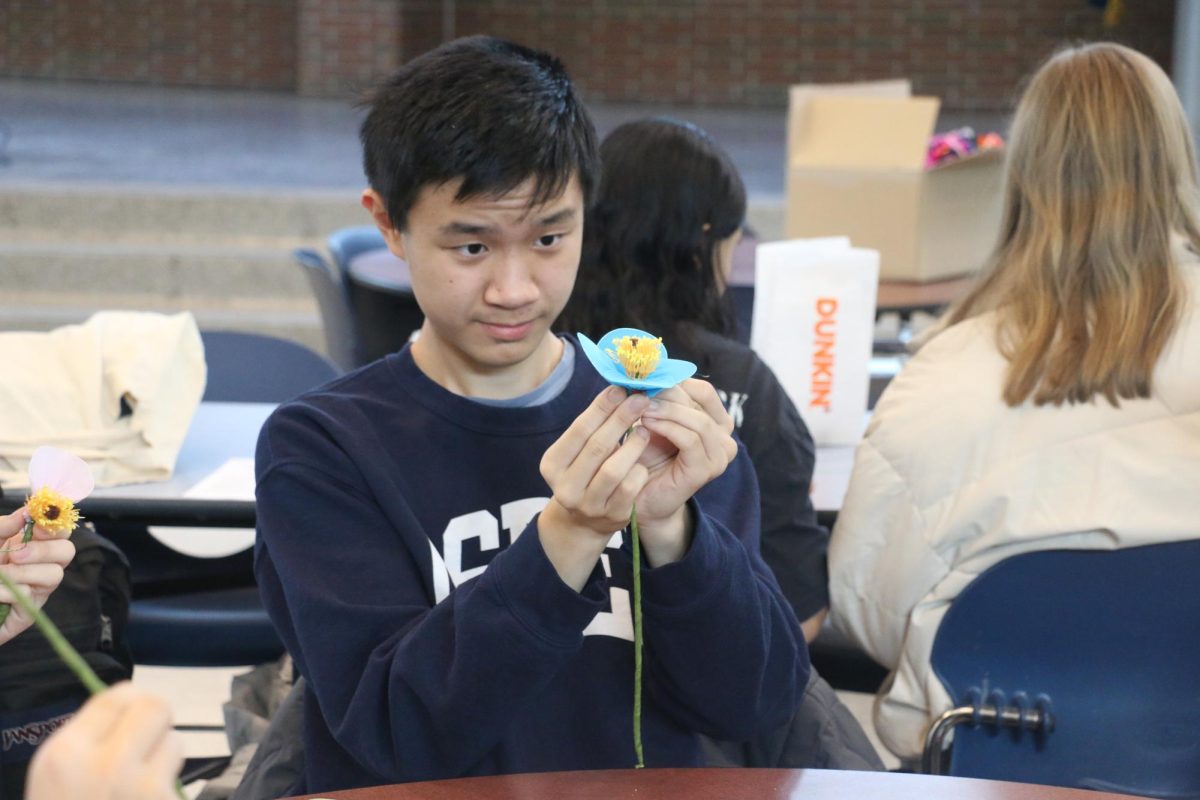




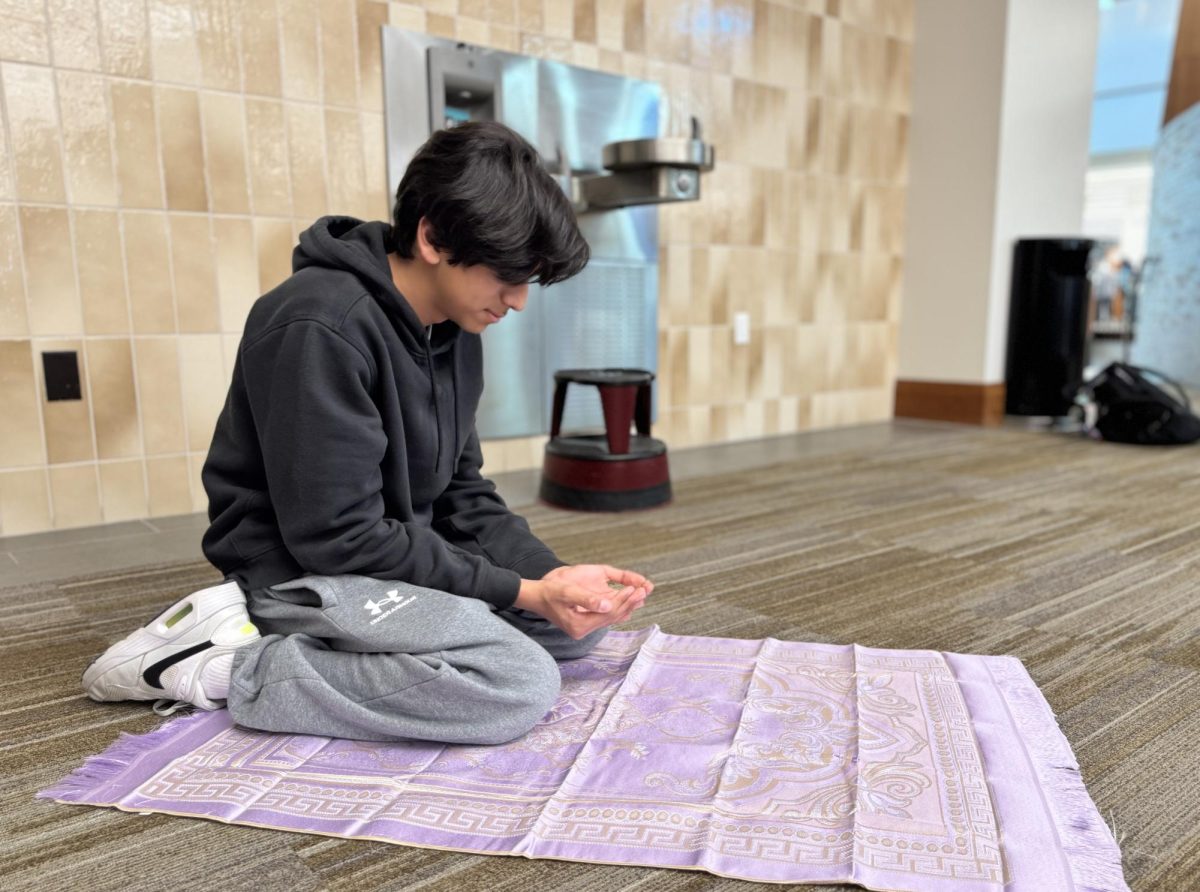





![AI in films like "The Brutalist" is convenient, but shouldn’t take priority [opinion]](https://hilite.org/wp-content/uploads/2025/02/catherine-cover-1200x471.jpg)


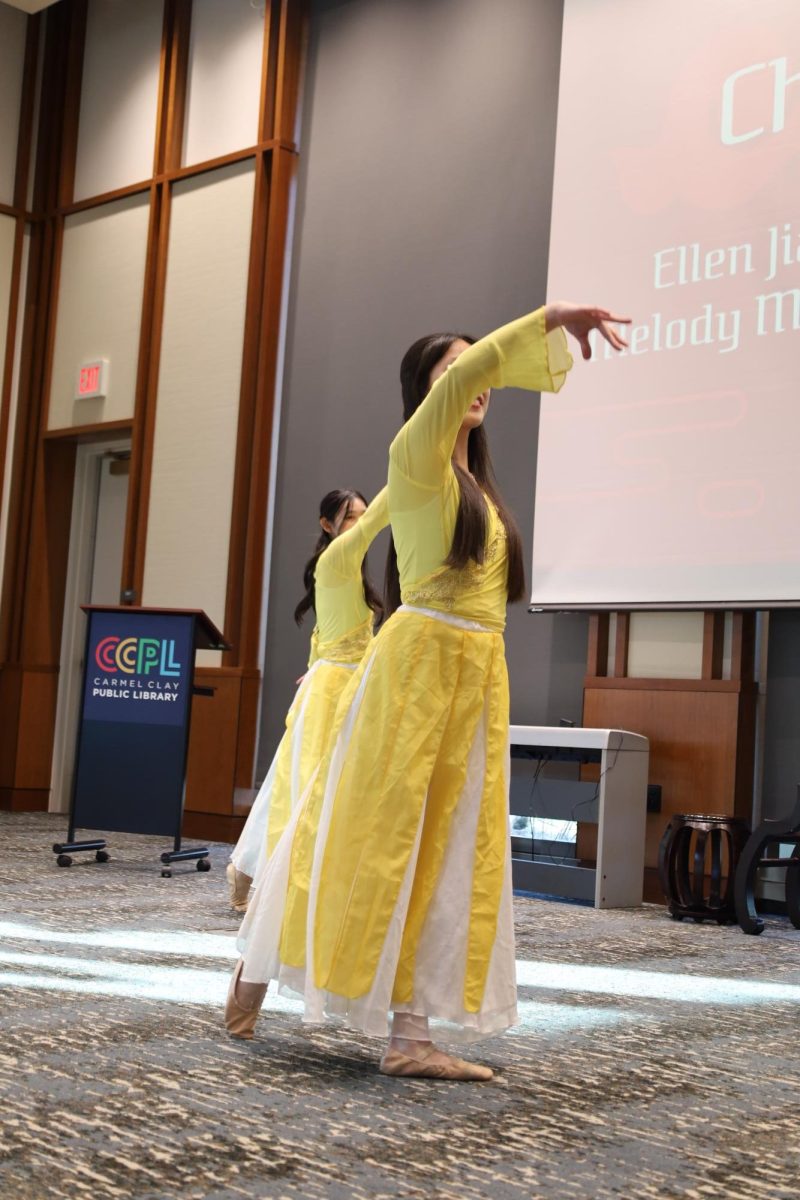










































![Review: “The Immortal Soul Salvage Yard:” A criminally underrated poetry collection [MUSE]](https://hilite.org/wp-content/uploads/2025/03/71cju6TvqmL._AC_UF10001000_QL80_.jpg)
![Review: "Dog Man" is Unapologetically Chaotic [MUSE]](https://hilite.org/wp-content/uploads/2025/03/dogman-1200x700.jpg)
![Review: "Ne Zha 2": The WeChat family reunion I didn’t know I needed [MUSE]](https://hilite.org/wp-content/uploads/2025/03/unnamed-4.png)
![Review in Print: Maripaz Villar brings a delightfully unique style to the world of WEBTOON [MUSE]](https://hilite.org/wp-content/uploads/2023/12/maripazcover-1200x960.jpg)
![Review: “The Sword of Kaigen” is a masterpiece [MUSE]](https://hilite.org/wp-content/uploads/2023/11/Screenshot-2023-11-26-201051.png)
![Review: Gateron Oil Kings, great linear switches, okay price [MUSE]](https://hilite.org/wp-content/uploads/2023/11/Screenshot-2023-11-26-200553.png)
![Review: “A Haunting in Venice” is a significant improvement from other Agatha Christie adaptations [MUSE]](https://hilite.org/wp-content/uploads/2023/11/e7ee2938a6d422669771bce6d8088521.jpg)
![Review: A Thanksgiving story from elementary school, still just as interesting [MUSE]](https://hilite.org/wp-content/uploads/2023/11/Screenshot-2023-11-26-195514-987x1200.png)
![Review: "When I Fly Towards You", cute, uplifting youth drama [MUSE]](https://hilite.org/wp-content/uploads/2023/09/When-I-Fly-Towards-You-Chinese-drama.png)
![Postcards from Muse: Hawaii Travel Diary [MUSE]](https://hilite.org/wp-content/uploads/2023/09/My-project-1-1200x1200.jpg)
![Review: "Ladybug & Cat Noir: The Movie," departure from original show [MUSE]](https://hilite.org/wp-content/uploads/2023/09/Ladybug__Cat_Noir_-_The_Movie_poster.jpg)
![Review in Print: "Hidden Love" is the cute, uplifting drama everyone needs [MUSE]](https://hilite.org/wp-content/uploads/2023/09/hiddenlovecover-e1693597208225-1030x1200.png)
![Review in Print: "Heartstopper" is the heartwarming queer romance we all need [MUSE]](https://hilite.org/wp-content/uploads/2023/08/museheartstoppercover-1200x654.png)

